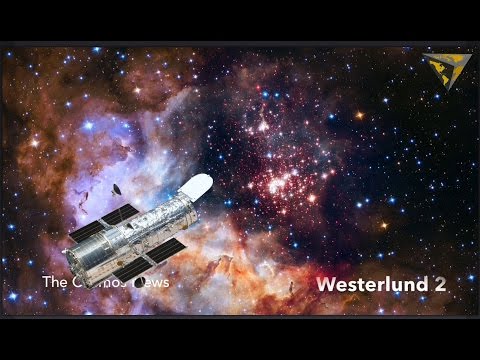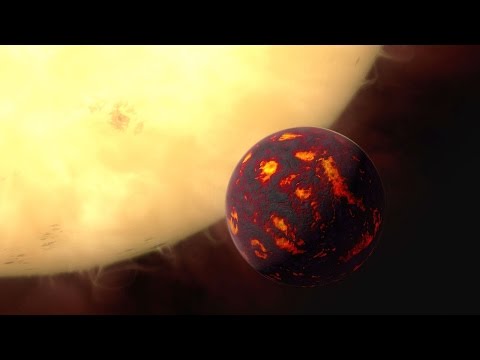The Search for Extraterrestrial Life: How Deep Space Exploration is Leading the Way
The search for extraterrestrial life has been a long-standing fascination for scientists and astronomers alike. The idea that we may not be alone in the vast expanse of the universe has fueled countless missions and research projects aimed at discovering signs of life beyond our own planet. One of the most exciting and promising avenues for this search is deep space exploration.
Deep space exploration involves sending spacecraft and telescopes far beyond our own solar system to explore other planetary systems and galaxies. These missions are crucial in our quest to find evidence of extraterrestrial life, as they allow us to study distant planets and moons that may have the potential to support life.
One of the most notable deep space exploration missions is the Kepler Space Telescope, which was launched by NASA in 2009 with the goal of discovering Earth-like exoplanets in other solar systems. Over the course of its mission, Kepler has identified thousands of potential exoplanets, many of which are located in the habitable zone of their host star – the region where conditions are just right for liquid water to exist, a key ingredient for life as we know it.
In addition to searching for exoplanets, deep space missions also aim to study the atmospheres of these distant worlds. By analyzing the composition of a planet’s atmosphere, scientists can look for signs of life, such as the presence of oxygen or methane – gases that are often produced by living organisms.
One of the most exciting recent discoveries in the search for extraterrestrial life came from the Hubble Space Telescope, which detected evidence of water vapor in the atmosphere of a distant exoplanet known as K2-18b. This finding represents a major step forward in our understanding of potentially habitable exoplanets and brings us closer to answering the age-old question of whether we are alone in the universe.
As technology continues to advance, deep space exploration is becoming increasingly important in our search for extraterrestrial life. Future missions, such as the James Webb Space Telescope set to launch in 2021, will provide even more detailed observations of distant planets and their atmospheres, helping us to further narrow down the search for life beyond Earth.
While the search for extraterrestrial life is still ongoing, deep space exploration is leading the way in our quest to answer one of the biggest questions in astronomy: are we alone in the universe? With each new mission and discovery, we are getting closer to finding the answer – and perhaps one day, we will finally make contact with another civilization among the stars.













